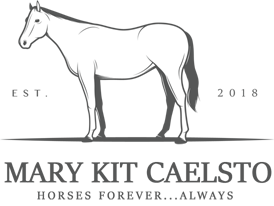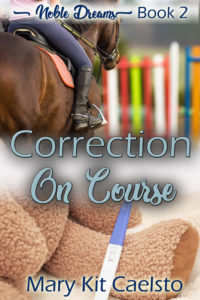I’m disappointed in my D’Addario Reserve clarinet reeds. I’m glad I got a card with just some samples to try. I found the ends got very thin and they became super flexible and broke. I don’t think I’m hard on my reeds, and I only played these half a dozen times. My Rico and Rico Reserve, as well as my LaVoz reeds I’d mentioned breaking in are still doing great. And I got a reed from my $2 chinese box of reeds out to break in this weekend and while it’s a brassy sounding reed, certainly it’s playable.
So I looked at my used and split D’Addario reeds and wondered what I was going to do with them. I mean, sure, I could throw them away. Isn’t that what one does with the reeds? Except they’re natural cane. Duh! I can compost them.
I mean sure, they’ll confuse the raccoons, opossums, and deer who visit our compost bin. But I tossed them into the canister with the coffee grounds, collard green stems and egg shells, mostly and when the canister was full, they went out to the compost bin.
Some reeds (my old Rico Royals come to mind, though this may have changed) used to have a plastic label on the front. That, of course, would need to be removed before composting. But given that reeds are made from natural cane, while it will most likely take them longer than your average banana or potato peeling, they will compost.
It’s a small thing. A really small thing on the grand scale of it, but it’s one way in which I can make my musical hobby more environmentally friendly (though the cane is fast growing, renewable, and very well tended/cultivated). Instead of throwing out your reeds, try putting them in the compost. A little harmony never hurt mother nature.






